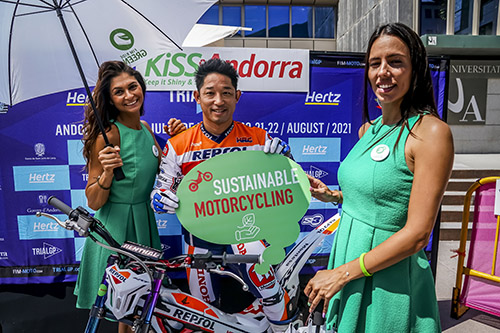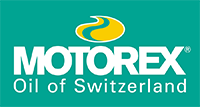Sustainability

The FIM has a strong sustainability policy dating back to 1992, and more recently a renewed strategy based on six fundamental pillars: people, sustainable events, sustainable development goals (SDG), governance, awareness and climate. An environmental code that groups all regulations aimed at protecting soil, biodiversity and water amongst others.
All FIM events have mandatory regulations and penalties for non-compliance with the environmental protection rules described in the FIM Environmental Code. Also, the organisers have guidelines for organising high-impact events based on a series of mitigation measures to protect natural resources and to support the SDGs’ achievement. The FIM has a highly trained technical team to carry out sound measurements so that participating motorcycles do not exceed the limits allowed by technical and environmental regulations. In addition, each event sanctioned by the FIM is attended by an environmental steward who has been trained by expert instructors from the FIM Academy in matters of sustainability, who has passed a rigorous selection and evaluation system, and who must have an international environmental commissioner license.
Sound level control and noise pollution prevention
The FIM motorcycle sound measurement specialists perform technical inspections on all participant’s motorcycles, including decibel measurements, using advanced equipment and measurement methods. The event counts on an experienced Sound Control Officer (SCO) and/or an acoustic engineer, if applicable. Additionally, exhaust pipes and silencers must fulfil all the requirements concerning sound control.
The sound system in the paddock is also regulated and adequate to minimise the impact.
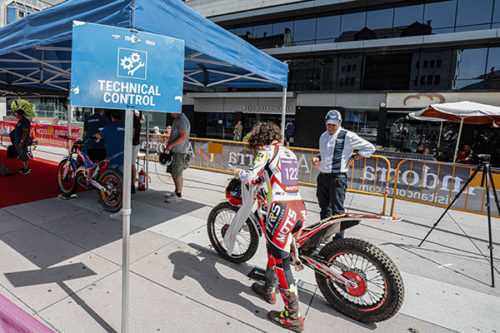
Protection of soil and water courses
All participants must use an environmental mat regulated under the specifications of the FIM Environment Code when and where the motorcycle is serviced, be that at the sections or paddock. Additionally, under the fuel containers and energy generators that also use fuel.
Motorcycle washing areas must also have adequate drainage and suitable surfaces. (FIM Environmental Code 2022 ). Inside the paddock, motorcycle washing is prohibited.
The FIM is working in the reduction of the sections that are planned in watercourses. However, in the case a maximum control of pollution is requested to the users.
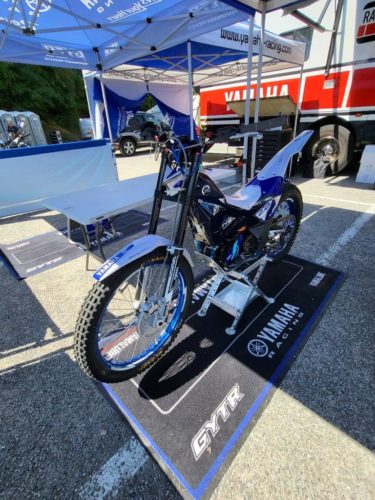

Careful selection of the paddock, loops and other competition areas
Each organiser together with the CTR carefully choose the sections of each event. The sections must have the respective permits and avoid as much as possible sensitive areas that may affect the flora or fauna. Organisers must submit an Action Plan containing all information regarding the restoration of post-event sites.
Riders will also receive detailed information to circulate in the most vulnerable areas, where the vulnerable areas will be visibly identified.

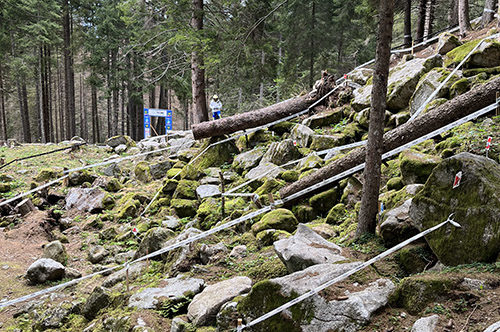
Raise awareness of the participants about responsible behaviour
All participants in FIM competitions are called to respect and comply with current regulations.
The paddock is chosen carefully, and it is recommended that it be close to the different services and located in convenient places for users.
In addition, the use of recycling stations in line with an environmental map, helps to locate services more easily.
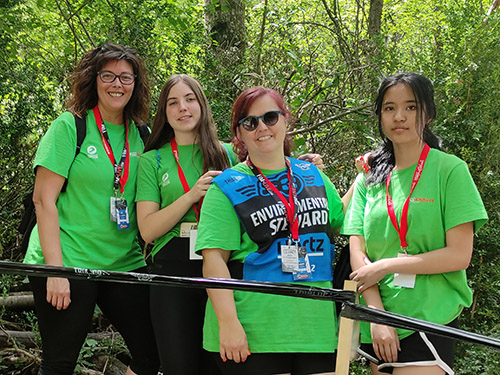
Inclusion
A dedicated championship for women exists from 2000 additionally, the event and the organisation volunteers are welcome for all the persons that want to participate at all levels.


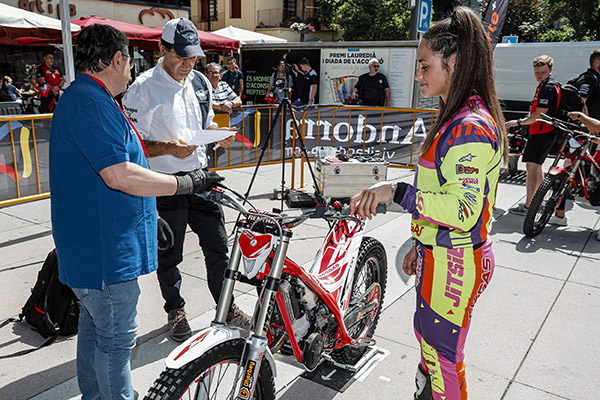
Climate change
Trial staged the first ever event where combustion engine motorcycles competed directly against electric motorcycles in the same class. Promotion of alternative energies and carpooling are welcome.
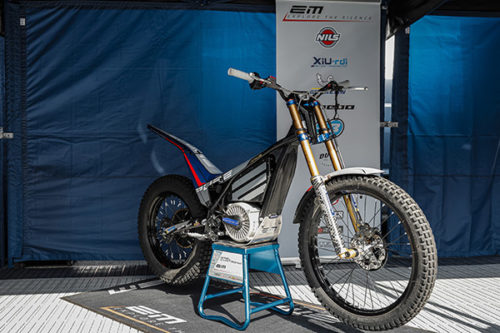
Sustainable events. The KISS Programme
Some of the events have been part of the KISS Programme, the FIM sustainable event programme worldwide recognised and aimed to organise sustainable events focused not only in the environmental protection but also in the social dimension of sustainability. The KiSS Programme is worldwide recognised and has been introduced in the majority of FIM events. Additionally, Trials in Andorra and Duluth, MN, US has been environmental Trophy winners. Also the organisers receive a guide that assists them in preparing the Environmental Management Plan before each event.

FIM Environmental Ambassador
2004 FIM Trial World Champion Takahisa Fujinami is part of the FIM programme Environmental Ambassadors since 2013, dedicated to the promotion and awareness of sustainable behaviour amongst the riders and participants of trial events.
